Haas Automation has labelled reports that it has continued to supply machines and parts to Russia as "false".
The parent company of the F1 team was targeted in the report, suggesting the deals were in direct violation of United States export control and sanctions regulations.
Sanctions handed out by the US and the European last year almost completely cut Russian business out of the picture as a consequence of the country's offensive against Ukraine.
READ MORE: Hill predicts DRAMATIC F1 changes after Red Bull Bahrain domination
Haas has now moved to clarify the reports, with a detailed statement explaining the processes taken since the Russian Invasion.
In it, the company underlines its support for Ukraine and details how it chose voluntarily to cut its ties with the Russian partner company, rather than under US dictation.
Haas statement in full
"On Tuesday, March 14, PBS ran a story alleging that Haas Automation has directly provided machines and parts to Russia in violation of US export control and sanctions regulations.
"That story is simply false, both in its overall impression and in many of its particular statements.
"While Haas’ distributors are independent companies that are not owned or controlled by Haas Automation, all Haas distributors, including Abamet Management, its then sole existing independent distributor for Russia and Belarus, are contractually required to comply with all applicable US export control and sanctions regulations.
"In addition, Haas has, for decades, implemented a comprehensive export and sanctions compliance program that provides additional screening and other checks to help ensure all machines or other items sold by Haas are only exported, re-exported, or transferred in full compliance with US law, including ensuring the machines are only provided to permissible end customers, and only for permissible end-uses.
"On March 3, 2022, shortly after the Russian invasion of Ukraine, Haas Automation terminated, in its entirety, its relationship with its sole existing independent distributor for Russia and Belarus, Abamet Management.
"Since that date, Haas has not sold or shipped any machines, parts, or software to Abamet or anyone else in Russia. This crucial fact was made clear to the PBS reporter before the story was aired.
READ MORE: Lewis Hamilton at Red Bull or Ferrari? Martin Brundle verdict
"Additionally, at the time it terminated its relationship with Abamet in March, Haas voluntarily cancelled 50 existing machine orders from Abamet, even though such orders may have been permissible under then existing U.S. export control and sanctions regulations.
"The PBS report acknowledges that Haas terminated its relationship with Abamet in March of 2022, but claims that customs records “put that account into doubt.”
"The report claims that 'at least 18 shipments were made to Russia directly from Haas worth $2.8 million from March 4 though October of last year'.
"This is a complete falsehood, as Haas made no direct or indirect sales or shipments to Russia after March 3, 2022.
"It’s important to note, however, that Haas’ sales to Abamet were made such that Abamet took physical possession and title to the goods when they were picked up by Abamet from Haas’ factory in Oxnard, California.
"Thus, at the time Haas terminated its relationship with Abamet, Abamet had possession, title, and control over a number of machines and spare parts it had acquired from Haas prior to Russia’s invasion of Ukraine.
"While Haas did not have physical control over such products, all of the products were subject to Abamet’s certification to Haas that it would not export any Haas products in violation of applicable US export control and sanctions laws, and Haas is certainly not aware of any instances where it did so.
READ MORE: Jordan slates Wolff's 'disingenuous and crass’ Mercedes criticism
"Simply put, if any shipments of Haas manufactured machines or components occurred after March 3, 2022, such shipments were made, unbeknownst to Haas, by Abamet or one of Haas’ numerous other customers around the world.
"Any such shipments would have been made in direct contravention of express Haas policy with regard to Russia following its February 2022 invasion of Ukraine.
"To be clear, Haas has unequivocally, and in many cases voluntarily, ceased doing business with Russian companies on all fronts.
"In addition to terminating its relationship with Abamet and prohibiting exports or re-exports of Haas products to Russia, Haas terminated, at a cost to itself of millions of dollars, a Russian company’s sponsorship of the Haas Formula 1 racing team.
"As many of you know, Haas has been manufacturing machines for more than 30 years, and there are more than 200,000 Haas machines currently in use throughout the world.
"Throughout that period, Haas has been a strict adherent to all US export control and sanctions regulations, and an even stronger supporter of the US policy goals many of those regulations are designed to address.
"In particular, Haas, as a company, has deplored Russia’s invasion of Ukraine, and taken every step in its control to cease doing business with Russia or Russian companies.
"It has also taken affirmative measures to support Ukraine, including, in compliance with U.S. export control and sanctions regulations, providing Haas’ distributor in Ukraine and its Ukrainian customers expedited delivery of Haas manufactured machines.
READ MORE: Leclerc hit with Saudi Arabian GP grid penalty
"These, and earlier provided Haas machines, are directly and indirectly supporting Ukraine’s efforts to defend itself against Russia’s unwarranted invasion.
"It is a bitter irony, therefore, that the PBS report paints Haas as being supportive of the Russian military, which couldn’t be further from the truth.
"At a time when Americans are struggling to develop the most effective course of conduct in support of Ukraine, it is irresponsible in the extreme for PBS to present this poorly-sourced hit piece, which ignores basic facts and asserts other facts that are clearly false."
Related






 GP AUSTRALIA
14 - 14 Mar
GP AUSTRALIA
14 - 14 Mar

 GP CHINA
21 - 21 Mar
GP CHINA
21 - 21 Mar
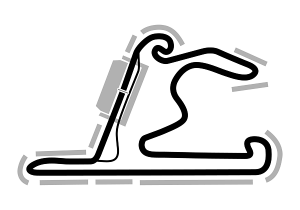
 GP JAPAN
4 - 4 Apr
GP JAPAN
4 - 4 Apr

 GP BAHRAIN
11 - 11 Apr
GP BAHRAIN
11 - 11 Apr
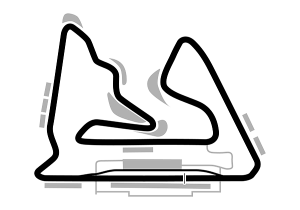
 GP SAUDI ARABIA
18 - 18 Apr
GP SAUDI ARABIA
18 - 18 Apr

 GP USA
2 - 2 May
GP USA
2 - 2 May
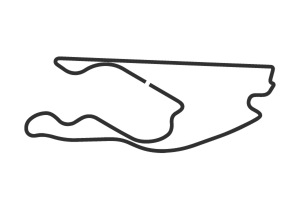
 GP ITALY
16 - 16 May
GP ITALY
16 - 16 May
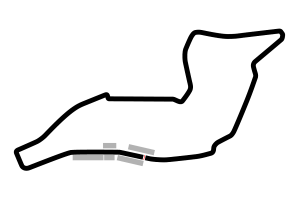
 GP MONACO
23 - 23 May
GP MONACO
23 - 23 May

 GP SPAIN
30 - 30 May
GP SPAIN
30 - 30 May

 GP CANADA
13 - 13 Jun
GP CANADA
13 - 13 Jun







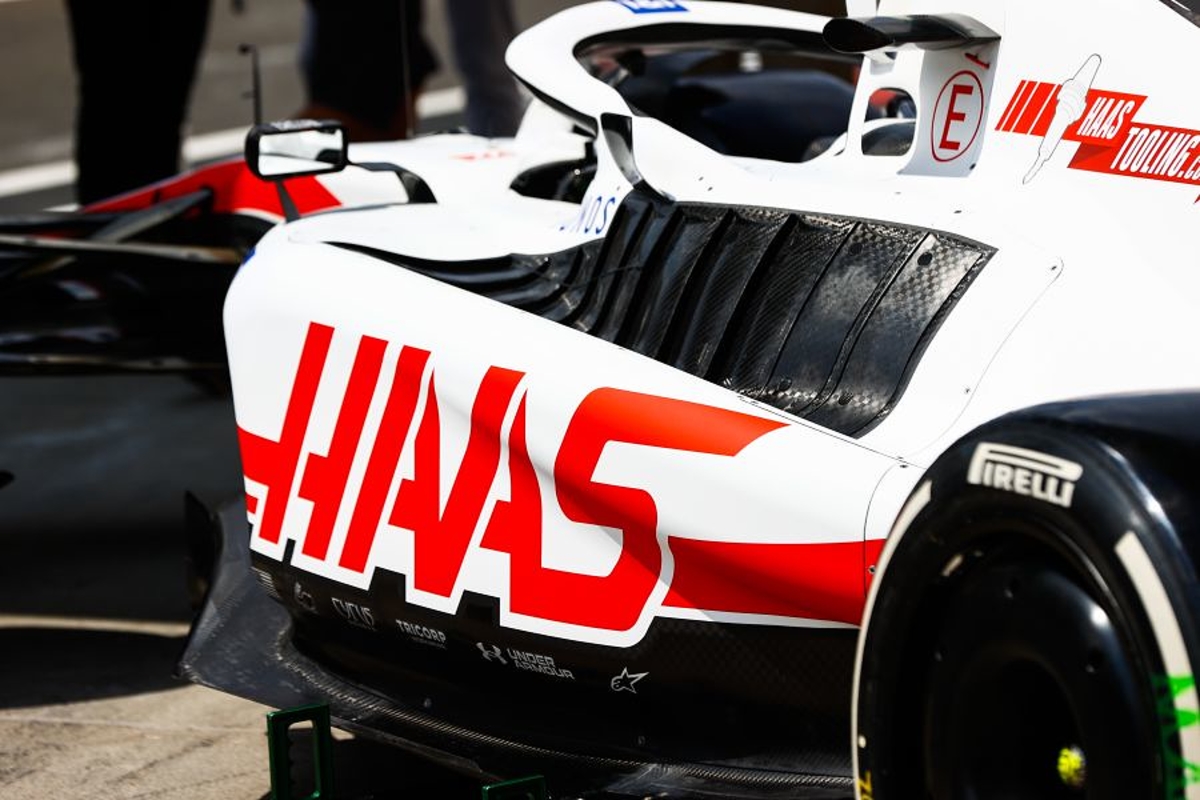


















 Grand Prix of Austria 2025
Grand Prix of Austria 2025  Grand Prix of Belgium 2025
Grand Prix of Belgium 2025  Grand Prix of Hungary 2025
Grand Prix of Hungary 2025  Grand Prix of Azerbaijan 2025
Grand Prix of Azerbaijan 2025  Grand Prix of Singapore 2025
Grand Prix of Singapore 2025  Gran Premio de la Ciudad de Mexico 2025
Gran Premio de la Ciudad de Mexico 2025  Grande Prêmio de São Paulo 2025
Grande Prêmio de São Paulo 2025  Qatar Grand Prix 2025
Qatar Grand Prix 2025  Grand Prix of Abu Dhabi 2025
Grand Prix of Abu Dhabi 2025 